A Possible SNAP Soda Ban Gains Momentum from MAHA
Tensions over food stamp restrictions are bubbling between the soda industry and the Trump administration, splitting Republicans and driving a lobbying bonanza.
Health advocates and some states have for years tried to have the federal government approve state waivers to stop soda from being purchased with Supplemental Nutrition Assistance Program benefits, which bolstered the grocery budgets of more than 41 million people in the U.S. last year. But the movement has new life thanks to the Make America Healthy Again agenda spearheaded by Health and Human Services Secretary Robert F. Kennedy Jr.
This story first appeared in NOTUS, a publication from the nonprofit, nonpartisan Allbritton Journalism Institute.
“People have been trying to apply for these waivers around sugar-sweetened beverages for like 10 to 15 years, and this is the first administration who’s been willing to consider the waivers,” said Kate Bauer, an associate professor at the University of Michigan School of Public Health who studies children’s nutrition and family food security.
Iowa, Nebraska, Arkansas, and Indiana have already submitted waivers to ban soda from SNAP, a U.S. Department of Agriculture spokesperson told NOTUS. Several other states are reportedly weighing waivers or SNAP bans on soda and, in some cases, candy, although there are currently no restrictions on those products.
This has triggered a lobbying frenzy by Big Soda, which has criticized the SNAP soda ban — and invoked the ire of the MAHA movement in the process.
“We want to work with policymakers, with those who want to work together on this issue, we just disagree. And again, we’ll push back on being singled out and the face of or the singular cause of obesity, because it’s just not true,” said Merideth Potter, senior vice president of public affairs at the American Beverage Association, which represents major companies including Coca-Cola and Pepsi.
Anti-hunger and industry advocates have long argued that the government should not police low-income Americans’ grocery carts. But sugary drinks such as soda are the leading source of added sugar in American diets.
The American Beverage Association significantly upped its lobbying spending during the first three months of 2025 to $790,000, by far the most money it’s spent in a single quarter since 2010. The lobbying is for a range of issues, including SNAP. PepsiCo also disclosed lobbying on SNAP “purchasing restrictions,” among other issues, and Coca-Cola broadly lobbied on SNAP.
“There is a perception that this is about the money. It’s not about the money. It is about singling out our products and our workers and the industry we represent,” Potter said.
Anti-hunger and industry advocates have long argued that the government should not police low-income Americans’ grocery carts. But sugary drinks such as soda are the leading source of added sugar in American diets, and Kennedy and his allies see these waivers as a common-sense way to cut back consumption and make Americans healthier.
MAHA has accused opponents of downplaying the health risks associated with sugary sodas and argues nutrition program dollars should not be used to purchase products with no nutritional value.
Kennedy has teamed up on the issue with Agriculture Secretary Brooke Rollins, as the Department of Agriculture is responsible for SNAP and other nutrition programs. Rollins agreed to approve waivers.
“Secretary Rollins had the soda industry come and knock on her door very much, very loudly, and they said to her, ‘Well, the SNAP program is not supposed to be about nutrition,’” Kennedy said during a Cabinet meeting at the end of April. “She pointed out to them that there is no nutrition in a soda. And she said they said, ‘Well, it’s not supposed to be about nutrition.’ And she said to them, ‘The name of the program is Supplemental Nutrition Assistance, it is about nutrition.’”
The USDA did not respond to requests for copies of the waivers or questions about whether any had been approved — and, if so, what the next steps would be.
“We’ve been taking major steps to fulfill this mandate by accepting SNAP waivers and encouraging healthier behaviors and working with governors both Republican and Democrat across this great state,” Rollins told a House Appropriations subcommittee last week.
SNAP already excludes some products, like alcohol, tobacco and hot foods. A bicameral Republican bill called the Healthy SNAP Act would add “soft drinks, candy, ice cream, prepared desserts such as cakes, pies, cookies, or similar products” to that list.
Rep. Andy Harris, the chair of the House Freedom Caucus and one of the bill’s cosponsors, said during the hearing that “The federal government should not continue to subsidize unhealthy food in the Supplemental Nutrition Assistance Program.”
“Over the past 20 years, cities and states have asked USDA for the ability to restrict SNAP purchases of sugary drinks and unhealthy food, but each time, surprisingly, those requests have been denied. We must return SNAP, the largest food assistance and nutrition program in America, back to its original purpose of providing nutritious foods for participants,” Harris said.
But the chairs of the Senate and House Agriculture committees don’t seem so keen. And while the administration could launch pilot programs with partner states, any changes to the law, including the Healthy SNAP Act, would have to run through them.
“We’ll be looking at that in the farm bill. I think with the MAHA movement, there’s a lot more momentum now than there was,” Sen. John Boozman, chair of the Senate Agriculture Committee, told NOTUS.
Rep. Glenn “GT” Thompson, who chairs the House Agriculture Committee, told NOTUS that he is “not a huge fan” of the waivers.
“I don’t think they have any business messing with defining the benefits when they pay zero for the benefits,” Thompson said. “If some states want to change a federal program, then perhaps they’re going to have to help fund it.”
When asked if he had heard from the industry about the issue, Boozman said, “Yeah there has been outreach.” Thompson simply said his life has been “all about outreach” since he took on his leadership role.
“Which is great because the agriculture family is pretty big, and that includes those who produce, but also those who process and those who consume,” Thompson said.
“Over the past 20 years, cities and states have asked USDA for the ability to restrict SNAP purchases of sugary drinks and unhealthy food, but each time, surprisingly, those requests have been denied.
Intraparty divisions are playing out as Republicans try to cut and claw back billions of dollars to pay for tax, immigration, and defense priorities in President Donald Trump’s “big, beautiful” reconciliation bill. And even before Trump took office, there was disagreement over what to do about changes former President Joe Biden made during the pandemic to the “Thrifty Food Plan,” the basket of goods that make up a nutritious diet under SNAP.
Those changes significantly increased food assistance spending, without increasing the overall size of the farm bill pie. Harris suggested SNAP dollars spent on soda could be redirected to American farmers. In addition to appearing skeptical of the waivers, Boozman and Thompson told the Washington Post they would not advance legislation that would cut food assistance programs.
Anti-hunger and industry advocates characterize SNAP purchasing restrictions as paternalistic and degrading toward benefit recipients that won’t change their overall dietary quality and health. They argue there is no evidence that preventing the purchase of soda or candy will meaningfully change the dietary habits or health of SNAP recipients.
“We have these evidence-based ways to get people to improve their diet, which is incentivizing instead of restricting, so let’s invest in that,” Bauer said. She pointed to programs like Michigan’s Double Up Food Bucks, which matches SNAP dollars spent on fresh fruits and vegetables in certain states.
A recent randomized controlled trial studied the effects of benefit program food restrictions and incentives. While the study did not find evidence that restricting the purchase of sugary foods and beverages improved overall participant nutrition, the restrictions did lead people to eat and drink fewer of the products.
“We have these evidence-based ways to get people to improve their diet, which is incentivizing instead of restricting, so let’s invest in that.”
“It’s important to know that restrictions did reduce consumption of sugary beverages, which I think everybody agrees is not healthy, and when it was paired with incentives, it did increase fruit and vegetable consumption and improved diet quality,” Angela Rachidi, a senior fellow at AEI who studies poverty and federal safety net programs, told NOTUS.
An HHS spokesperson said Kennedy is open to “advancing evidence-based policies that empower individuals to make healthier choices.”
“Reforming SNAP to reduce the purchase of ultra-processed and sugary products would help encourage healthier eating habits among beneficiaries and ensure taxpayer dollars support better health outcomes,” the spokesperson said.
“Secretary Kennedy and Secretary Rollins are calling on all governors to submit waivers that expand access to nutritious foods. This includes waivers that limit the purchase of unhealthy items, improve access to fresh foods in rural communities, and prioritize stronger nutrition standards in school meals.”
Rachidi argues that excluding non-nutritious food from SNAP would improve the nutrition program, particularly when paired with incentives to get people to buy more nutritious foods.
“To me, it’s not one or the other. It’s got to be a comprehensive approach that includes both restrictions and incentives,” Rachidi said.
She also called the argument that SNAP is not a nutrition program “fairly ridiculous.”

As Kennedy said during the Cabinet meeting, the industry regularly makes that argument, and Potter did to NOTUS.
“We have no problem with the discussion of making SNAP a nutrition program, if that is the goal,” Potter said.
Big Soda’s talking points have landed it in the crosshairs of Trump administration officials in recent months. After the American Beverage Association posted a statement criticizing Rollins and Gov. Sarah Huckabee Sanders when Arkansas submitted its waiver last month, the secretary hit back hard on X.
“It’s disappointing that the American Beverage Association’s leadership dragged its entire membership […] into direct conflict with this Administration’s priorities for American health, well-being, and taxpayer protection,” Rollins wrote.
“To me, it’s not one or the other. It’s got to be a comprehensive approach that includes both restrictions and incentives.”
Calley Means, a food influencer, entrepreneur, and top adviser to RFK Jr., has repeatedly hammered Big Soda on social media. Following allegations that the American Beverage Association paid conservative influencers to oppose the soda restrictions, which the trade association denies, Means posted the group’s phone number on X and encouraged callers to leave voicemails. He also called out Potter by name, albeit misspelled, for telling the Washington Post in March that “soda is not driving obesity.” Calley Means’ sister, Casey Means, is now Trump’s nominee to be surgeon general.
Nevertheless, Potter insisted morale at the American Beverage Association is “great.”
“We obviously don’t want to be seen as pitted against Secretary Rollins, but we did want to make our point of view clear,” Potter said. “This is what we do as an advocacy organization.”
Taylor Giorno is a reporter at NOTUS.




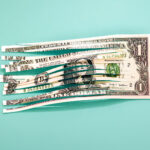

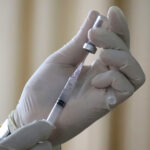
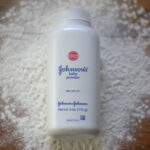


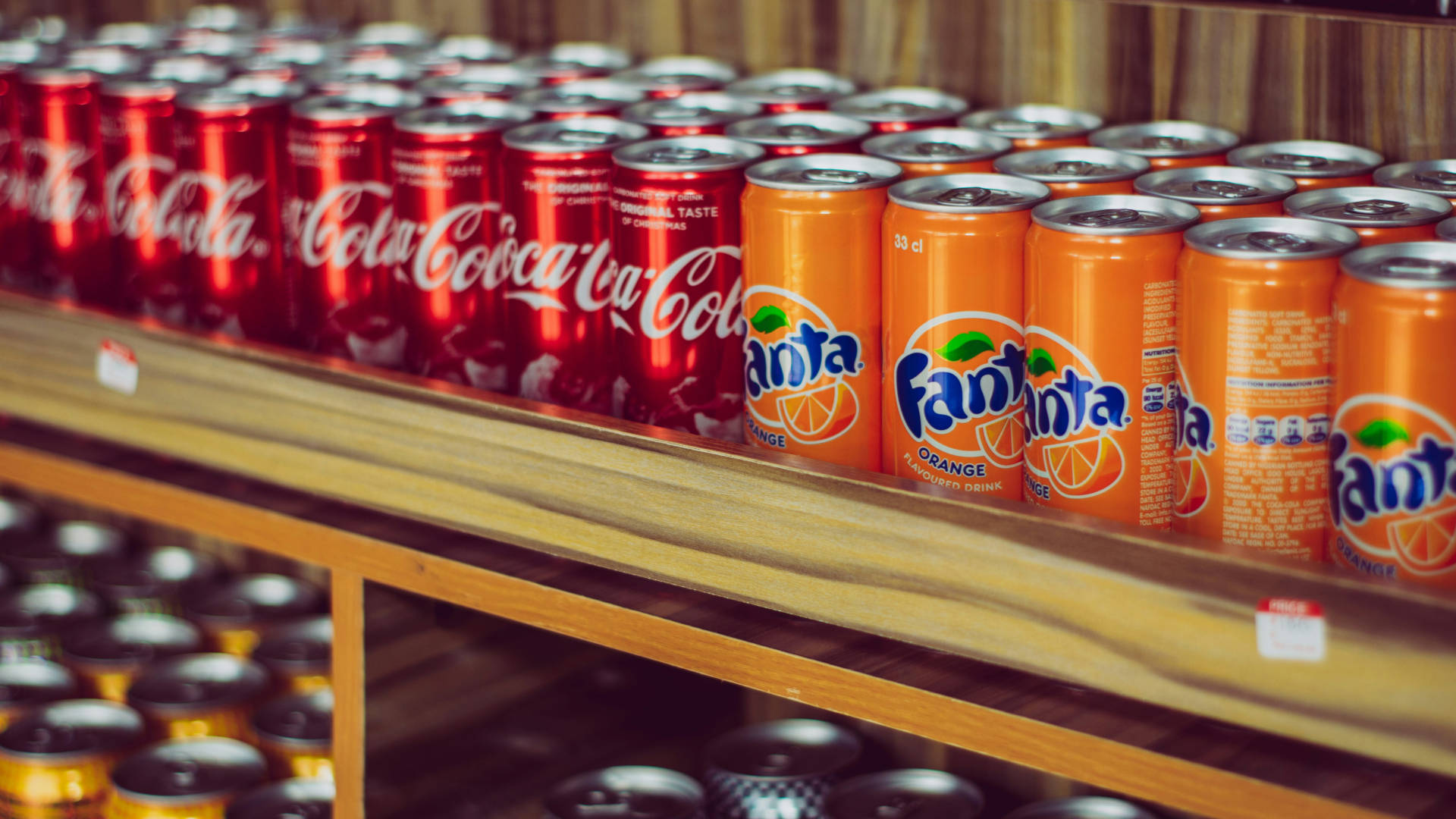
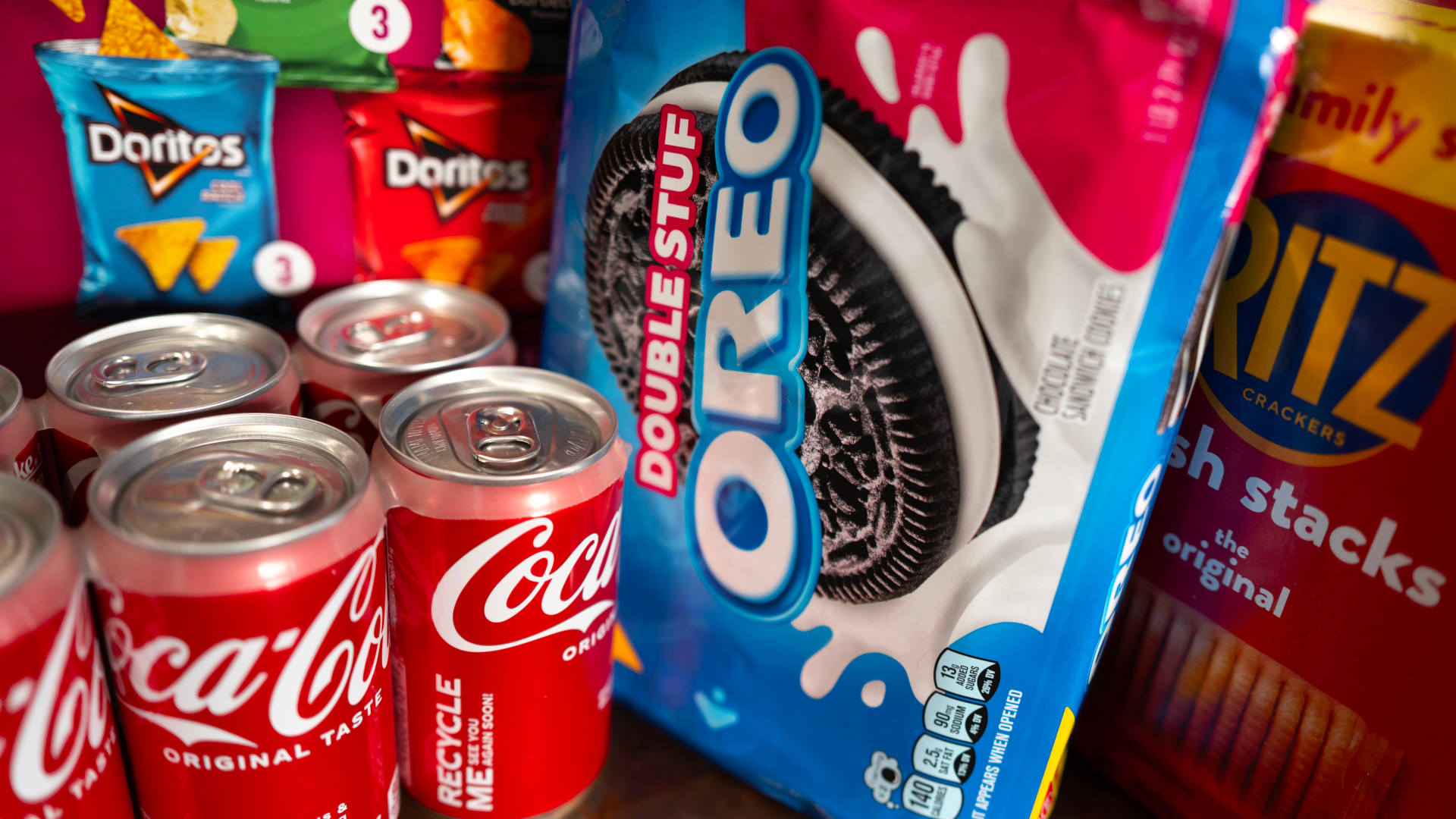
Stop telling us how to live. It’s not your business what we eat or drink, just because we need assistance doesn’t mean we don’t deserve a pop, and not everyone is obese is on food stamps so stop worrying about what we do and worry about your own yard! We’ve been being told what to do all our lives by the government and we seriously don’t need to be told how and what to eat
You all just need leave the soda pop alone, especially when someone is trying to get snap to be able be used at fast food restaurants. there are enough overweight adults and kids that don’t need fast food so leave my coke out of this